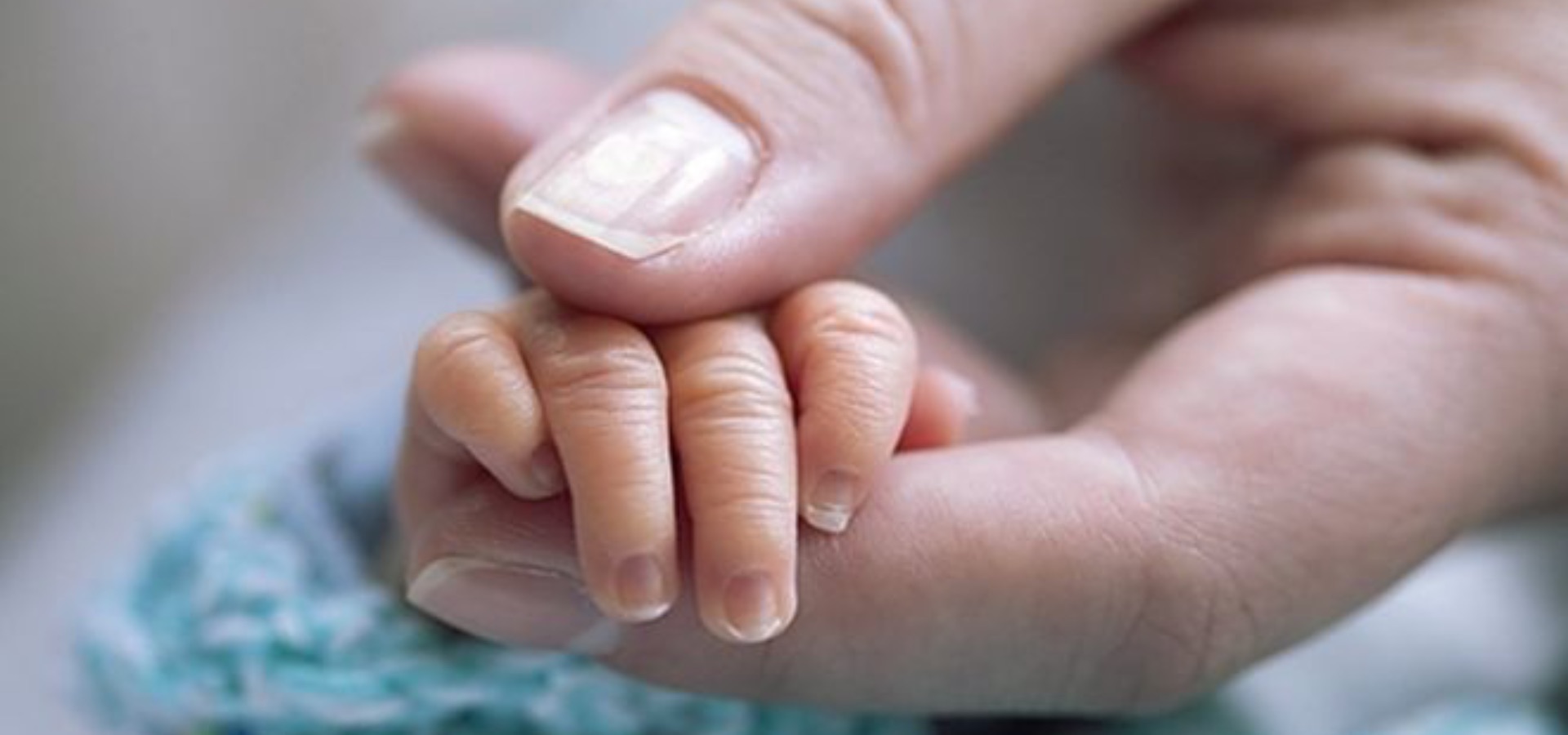A Children’s Rights Perspective on Embryo Adoption
- Post by: Katy Faust
- June 1, 2020
As a children’s rights advocate, I defend children’s universally-recognized right to life and right to their mother and father.[1] That means while I can (and do) sympathize with adults’ very natural desire to have children, when it comes to technological interventions and policies that require children to forfeit their rights, I side with the kids. I’m often asked about embryo adoption, both by troubled parents when their annual storage fee for their cryogenically frozen babies comes due, as well as by pro-life friends wondering if they should open their wombs so these babies can escape the freezer. A response that honors the rights of the child while accounting for sometimes irrevocable circumstances is not simple. Before we can address embryo adoption, we must first understand both why the question needs answering in the first place, and also what the alternatives to adoption are. Both Abortion and Reproductive Technologies Commodify Children There is significant overlap between the baby-making and baby-taking wings of the “medical” world, if either making babies in a lab or the practice of abortion can be considered “medicine.” Both processes treat children as commodities, and those concerned with protecting children’s rights should take note of the similarities. The abortion debate has taught us that it is immoral to violate a child’s right to life, even if a child is unwanted. We should empathize with the woman who is struggling with an unplanned pregnancy, while simultaneously protecting her child’s right to life. The IVF debate should reflect that same ethic. It is immoral to violate a child’s right to life or his or her right to either biological parent, even if a child is very wanted. We should empathize with those suffering with infertility or who identify as LGBT, while simultaneously protecting children’s right to life and right to his or her mot
Categories:

